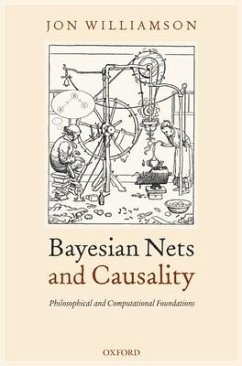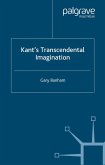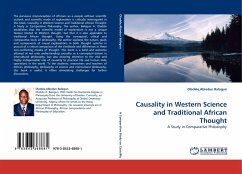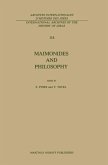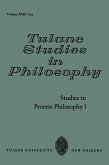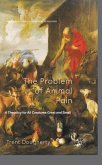Bayesian nets are widely used in artificial intelligence as a calculus for casual reasoning, enabling machines to make predictions, perform diagnoses, take decisions and even to discover casual relationships. But many philosophers have criticized and ultimately rejected the central assumption on which such work is based-the causal Markov Condition. So should Bayesian nets be abandoned? What explains their success in artificial intelligence? This book argues that the Causal Markov Condition holds as a default rule: it often holds but may need to be repealed in the face of counter examples. Thus, Bayesian nets are the right tool to use by default but naively applying them can lead to problems. The book develops a systematic account of causal reasoning and shows how Bayesian nets can be coherently employed to automate the reasoning processes of an artificial agent. The resulting framework for causal reasoning involves not only new algorithms, but also new conceptual foundations. Probability and causality are treated as mental notions - part of an agent's belief state. Yet probability and causality are also objective - different agents with the same background knowledge ought to adopt the same or similar probabilistic and causal beliefs. This book, aimed at researchers and graduate students in computer science, mathematics and philosophy, provides a general introduction to these philosophical views as well as exposition of the computational techniques that they motivate.
Bitte wählen Sie Ihr Anliegen aus.
Rechnungen
Retourenschein anfordern
Bestellstatus
Storno

